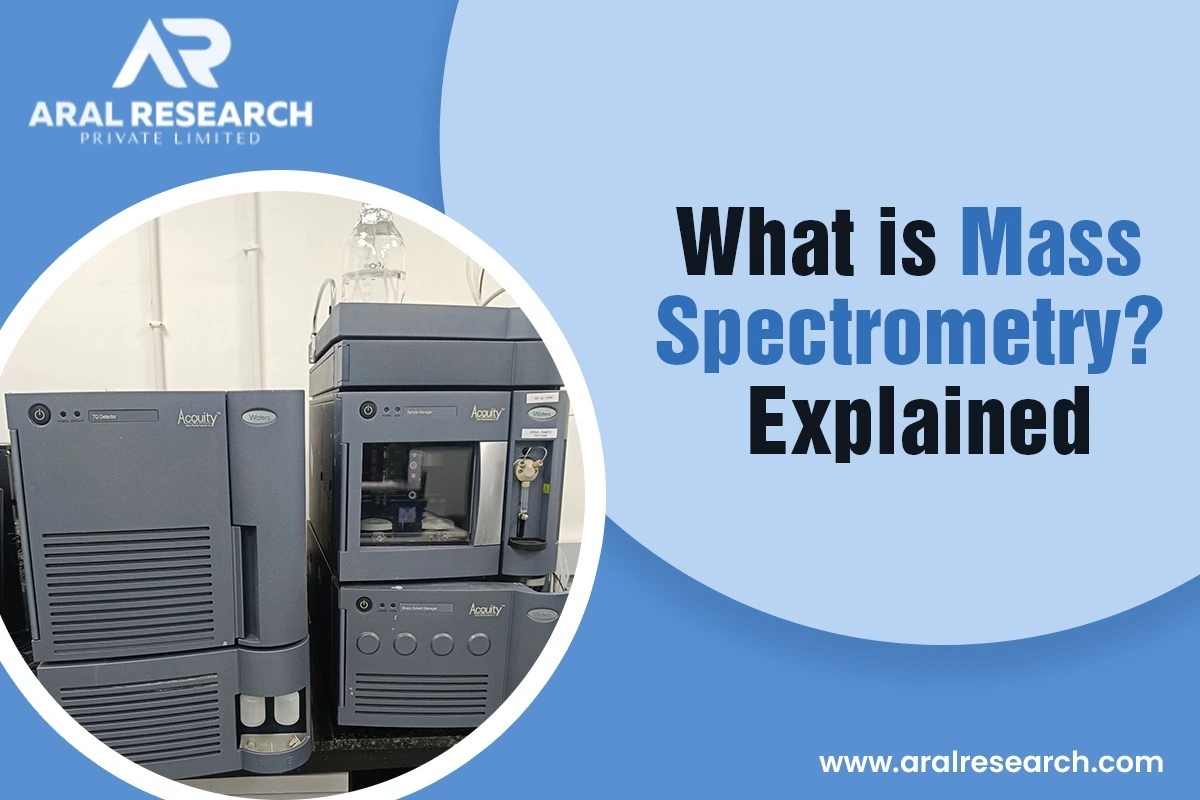Mass spectrometry is a technique used to precisely determine the mass of different molecules in a sample of interest. This is done with a mass spectrometer device, which produces a mass spectrum read out by measuring a single mass spectra in a sample. In this blog, we closely examine mass spectrometry and how it works to shed light on its importance in various scientific research.
Everything You Need to Know About Mass Spectrometry
Mass spectrometry is an analytical method that uses ionization and mass analysis of compounds to determine the mass, formula, and structure of the sample of interest. It measures the mass-to-charge ratio (m/z) of one or more molecules present in the sample of interest. Mass spectrometers are employed to identify unknown compounds through molecular and chemical properties of molecules.
How Do Mass Spectrometers Work?
There are various methods used for mass spectrometry. There are three basic components of mass spectrometry analysis:
- Molecule Ionization: The sample material is heated to the gas ion phase or combined with the matrix material. Molecules are ionized by employing an ion source, such as an electric field, chemical, or electrospray ionization, to produce charged ions.
- Mass Analyzer: After the ions are ionized, they are separated according to their mass-to-charge (m/z) ratios. The mass analyzer records the speed and relative abundance of ions to provide a visual readout or mass spectra.
- Ion Detection System: The separated ions are measured and transferred to a data system, where the mass-to-ratio and relative abundance are stored together. Different sample compounds have varying masses. The readout allows researchers to determine the sample’s composition by comparing the known element results.
Mass Spectrometry Analysis With Aral Research
Aral Research provides mass spec analysis services to identify complex moiety. Our mass analysis services aim to detect and quantify known and unknown compounds, mixtures, and chemical structures of different molecules to offer an accurate and quantitative analysis. Our analytical laboratory is equipped with a WATERS SDQ detector and TQD detector with Electrospray Ionization and APCI (Atmospheric -pressure Chemical Ionization) mode detection to support mass range upto 2000 m/z. Partner with the most trusted analytical laboratory in India for your research project.

